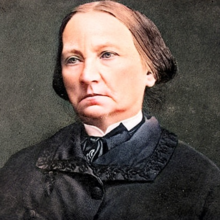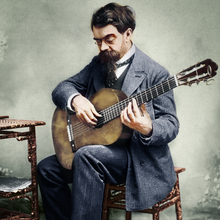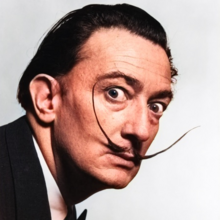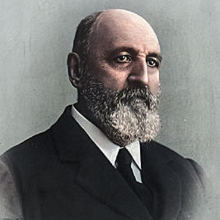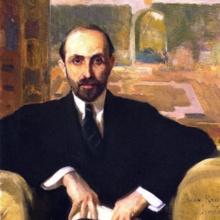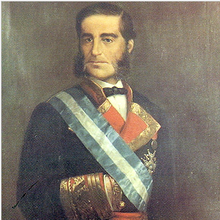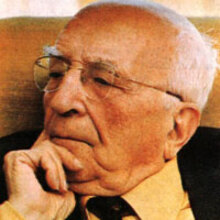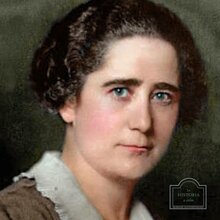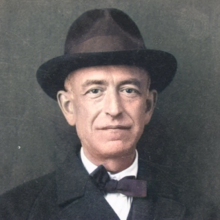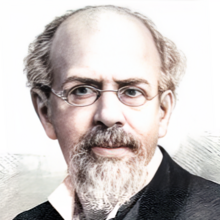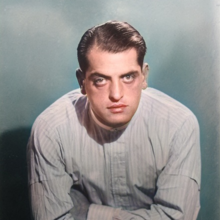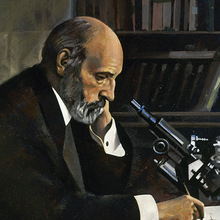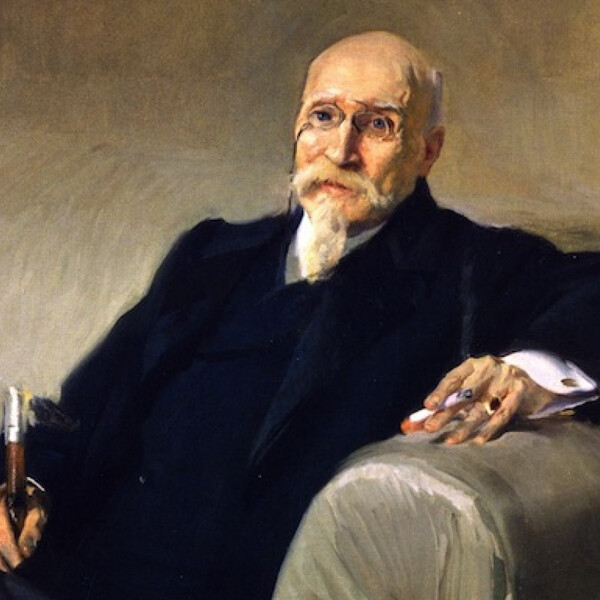
Personal
Other names:
Job / Known for:
dramatist, civil engineer and statesman
Left traces:
Nobel Prize in Literature 1904
Born
Date:
1832-04-19
Location:
ES
Madrid
Died
Date:
1916-09-14 (aged 84)
Resting place:
ES
Madrid
Death Cause:
unspecified
Family
Spouse:
Elisa Cendoya [ es] (1861–1894), her death; María Jacinta Echegaray [ es] (1895–1916), his death
Children:
José Luis Echegaray Cendoya, María de la Concepción Echegaray Cendoya
Parent(s):
José de Echegaray y Caballero [ es], doctor and professor of Greek; María del Carmen Eizaguirre y Baranda [ es], from Navarra
QR Code:
Show More
Rank
Users ranking to :
Thanks, you rate star
Ranking
5.0
1
Fullname
Jose Echegaray
Fullname NoEnglish
José Echegaray y Eizaguirre
Slogan
The man who has no love in him is not a man.
About me / Bio:
Show More
Article for Jose Echegaray
Died profile like Jose Echegaray
Comments:

